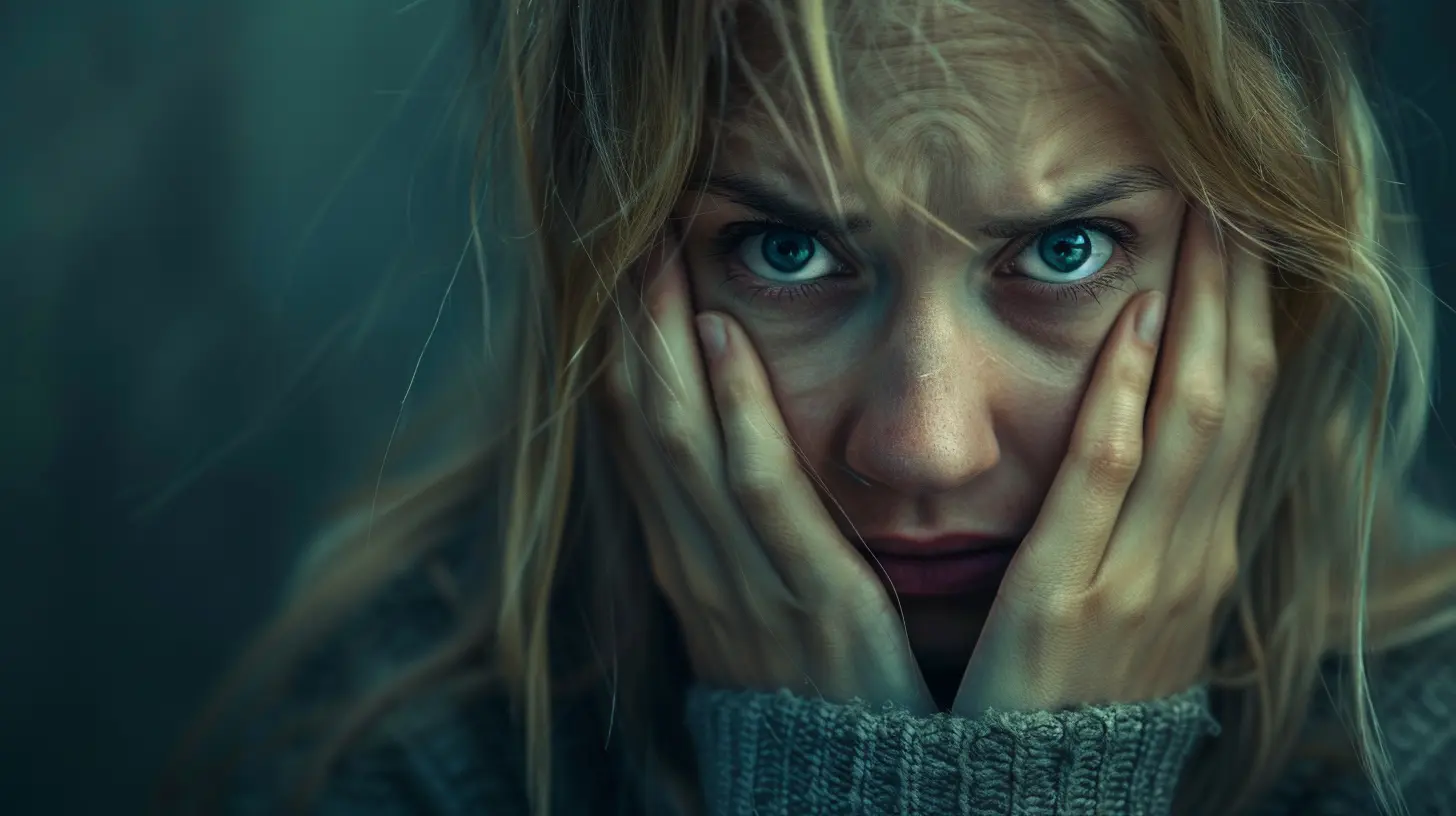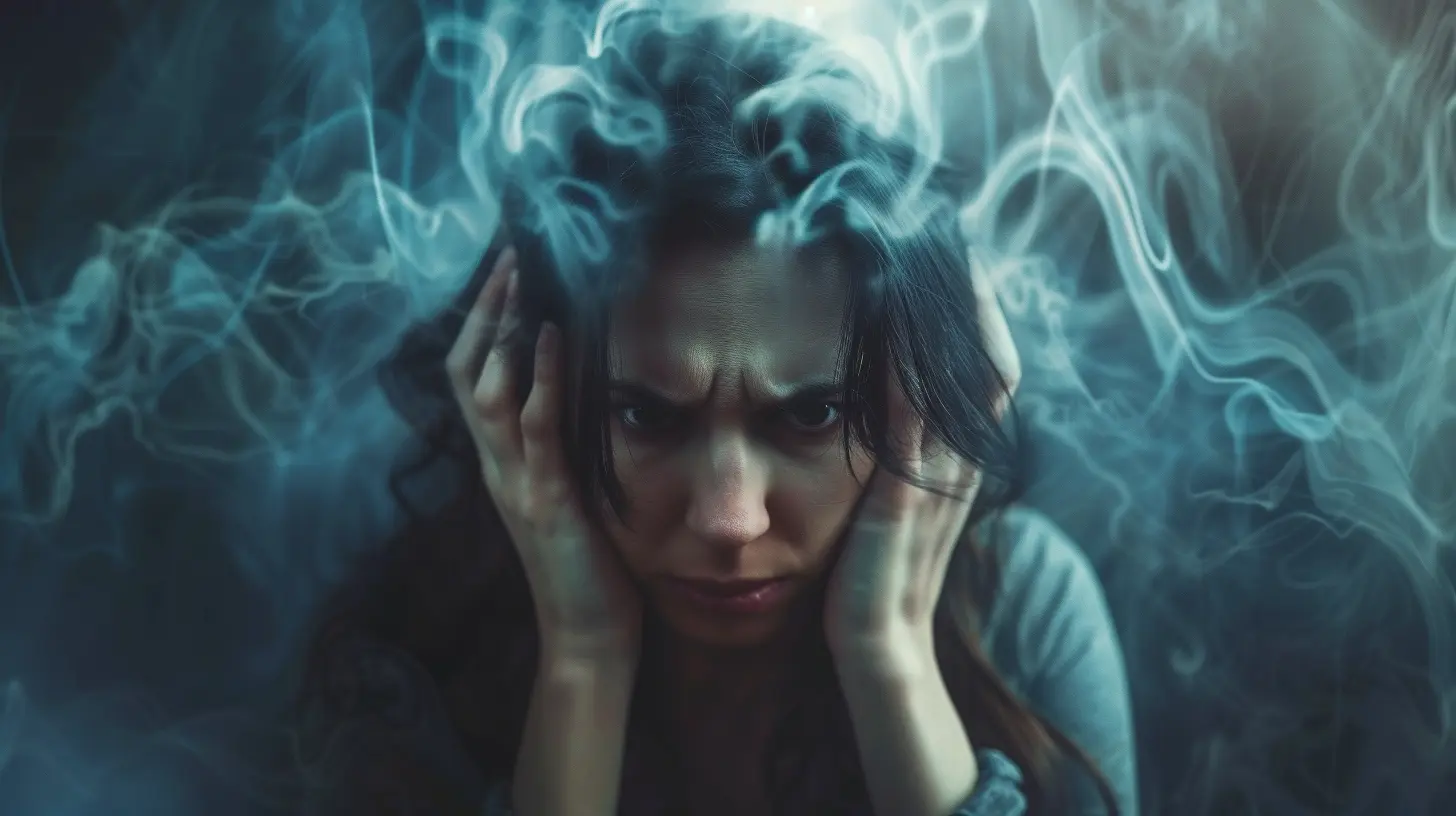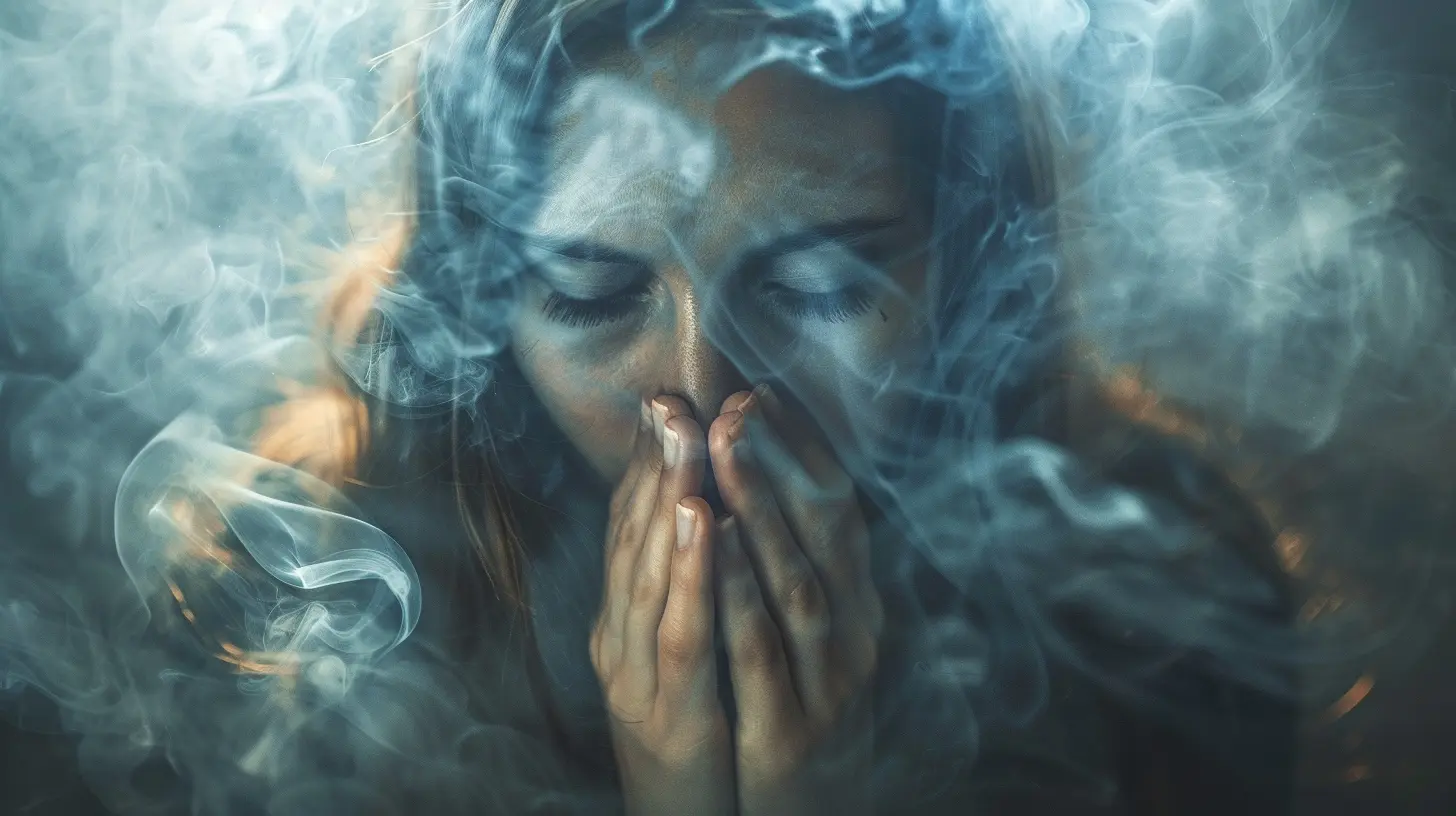Phobias vs. Anxiety: What’s the Difference?
27 June 2025
Let’s be honest—mental health terms can sometimes feel like alphabet soup. One minute you're reading about someone’s anxiety, and the next, it’s a phobia that's being discussed. They seem so similar that it’s easy to mix them up. After all, both involve fear, right?
But here’s the thing: while phobias and anxiety do share overlapping features (like making you feel scared, stressed, or overwhelmed), they’re distinct in how they show up in your life and how they affect your day-to-day.
So, what’s the real difference between phobias and anxiety? Let’s break it down in a way that’s easy to understand, relatable, and helpful.
What Is Anxiety?
Anxiety is, in the simplest terms, your brain’s way of keeping you safe.Imagine you're walking through a dark alley, and your palms start sweating, your heart’s racing, and your head’s spinning with “what if” thoughts. That’s your built-in alarm system kicking in. Anxiety is your body's natural response to danger—real or perceived. And believe it or not, that response can actually help in genuinely risky situations.
But sometimes, that alarm system gets a little too sensitive.
General Anxiety vs. Anxiety Disorders
We all experience anxiety from time to time—before a big test, a job interview, or public speaking. That’s typical and usually fades once the stressful event passes.But when anxiety sticks around for weeks or months and starts messing with your sleep, relationships, or work, it may fall into the category of an anxiety disorder.
Some common types of anxiety disorders include:
- Generalized Anxiety Disorder (GAD): Constant worrying about everyday stuff.
- Social Anxiety Disorder: Fear of social situations or being judged.
- Panic Disorder: Sudden, intense episodes of fear (aka panic attacks).
- Separation Anxiety Disorder: Excessive fear of being away from loved ones.
Each of these has its own unique features, but the key thread? The anxiety is more broad and persistent.
What Is a Phobia?
Let’s say you’re terrified of spiders. Like, even a photo in a book makes your skin crawl. That, my friend, might be a phobia.A phobia is an intense, irrational fear of a specific object, activity, or situation. The fear is usually immediate, and often, people go out of their way to avoid the trigger—sometimes to the point it interferes with everyday life.
Types of Phobias
Phobias are grouped into a few main categories:- Specific Phobias: Fear of a particular thing—like heights, needles, or clowns.
- Agoraphobia: Fear of places where escape might be difficult. Many people associate this with fear of open spaces, but it can also include crowds, public transportation, or even being outside alone.
- Social Phobia (Social Anxiety Disorder): Often overlaps with anxiety disorders, involving a deep fear of social judgment or humiliation.
So while phobias might “live” under the broader anxiety disorder umbrella, they’re laser-focused on one particular trigger.
Phobias vs. Anxiety: The Core Differences
Okay, now that we’ve laid the groundwork, let's really get into it. Here's a side-by-side look at how these two differ:| Feature | Anxiety | Phobia |
|--------|---------|--------|
| Trigger | Often vague or non-specific | Very clearly defined and specific |
| Duration | Can be chronic and ongoing | Usually occurs in presence (or anticipation) of the feared object/situation |
| Intensity | Varies depending on the person and stressor | Sudden and extreme, often disproportionate |
| Avoidance | Avoidance may occur, but not always | Avoidance is a hallmark feature |
| Functionality | Can impact daily life broadly | Impacts functionality primarily when the phobia is triggered |
To put it another way: Anxiety is like a cloud that follows you around all day. Phobia is more like a thunderstorm that erupts only when a certain condition is present.
Can You Have Both?
Absolutely. In fact, many people do. That’s where things can get a little tricky (and why mental health professionals are so important in making a diagnosis).For instance, someone with social anxiety might avoid gatherings because they worry excessively about being judged or saying something embarrassing. That’s more generalized anxiety. But if they feel sheer panic just thinking about speaking in front of a crowd, to the point of sweating, nausea, or even fainting, that leans closer to a phobia—specifically, public speaking phobia.
A person might also have generalized anxiety and a specific phobia, like a fear of flying. The two can co-exist, and they often do.
What Causes Phobias and Anxiety?
If you're wondering where it all comes from—you're not alone. Most people ask that question the minute they start struggling with fear or anxious thoughts.Here are some common contributors:
Genetics
Yep, thanks, Mom and Dad! If anxiety or phobias run in your family, you might be more likely to develop them. Genes aren't the only factor, but they do play a role.Brain Chemistry
Imbalances in neurotransmitters like serotonin or dopamine can mess with how your brain processes fear and stress.Life Experiences
Trauma, abuse, bullying, or even witnessing someone else's reaction to something scary can plant a seed. If you were bitten by a dog as a kid, for example, it wouldn’t be surprising to develop a fear of dogs later on.Learned Behavior
Believe it or not, fear can be “taught.” If you grew up watching a parent freak out over heights, your brain may have picked up that fear as something “normal.”How Are They Treated?
The good news? Both anxiety and phobias are treatable. Like, really treatable. You don't have to live in fear forever.Cognitive Behavioral Therapy (CBT)
This one’s the gold standard. CBT helps you challenge irrational thoughts and reframe them into more realistic ones. It’s like cleaning up the messy clutter in your mental attic.Exposure Therapy
Mainly used for phobias, exposure therapy works by gradually introducing you to your fear in a controlled, safe way. Think: tiny steps toward comfort. Afraid of elevators? You start by looking at photos. Then maybe standing near one. Eventually, riding short distances. It’s all about building up tolerance.Medication
Sometimes, therapy alone isn’t enough. SSRIs (Selective Serotonin Reuptake Inhibitors) and anti-anxiety medications can help regulate your brain chemistry and reduce symptoms.Mindfulness and Relaxation Techniques
Breathing exercises, meditation, and grounding techniques can help you stay calm in the moment. These work especially well for anxiety, giving your mind a break from that constant “what if” loop.Support Groups
Sometimes just talking it out with people who get it can make a world of difference. Support groups—either online or in person—can be amazing for validation and advice.When to Seek Help
Here’s some real talk: don’t wait for things to get unbearable to reach out.If your fear or anxiety is:
- Disrupting your daily life
- Causing physical symptoms (like chest pain or nausea)
- Keeping you from doing things you enjoy
- Messing with your sleep or appetite
- Causing you serious distress
…it’s time to talk to a mental health professional. There’s no shame in it. Just like you’d see a doctor for a broken leg, a therapist can help you heal what’s going on emotionally and mentally.
Final Thoughts
To sum things up: anxiety is the persistent, sometimes vague feeling of worry or nervousness, and it often sticks around without a clear trigger. Phobias, on the other hand, are intense fears tied to specific things—and they tend to show up fast and strong when that thing appears.Understanding the difference between these two can help you or someone you love get the right treatment and live a fuller, calmer life. Both are valid, both are real, and both deserve support.
So the next time you find yourself saying, “I think I have anxiety” or “I’m terrified of flying,” take a moment to reflect: is it a generalized feeling, or is it a specific trigger?
Either way, there's help. And you’re not alone.
all images in this post were generated using AI tools
Category:
PhobiasAuthor:

Matilda Whitley
Discussion
rate this article
2 comments
Justice McKinstry
Phobias are specific fears; anxiety is broader and more pervasive.
October 17, 2025 at 3:14 AM

Matilda Whitley
Thank you for your insight! Yes, phobias are indeed intense, specific fears, while anxiety encompasses a wider range of worries and feelings of apprehension.
Damian Hunter
Phobias are like that one annoying friend who won't leave the party, while anxiety is the existential dread hiding in the corner!
July 4, 2025 at 3:08 AM

Matilda Whitley
That's a clever analogy! Phobias can feel intrusive, while anxiety often lurks quietly, highlighting their distinct yet interconnected nature.


